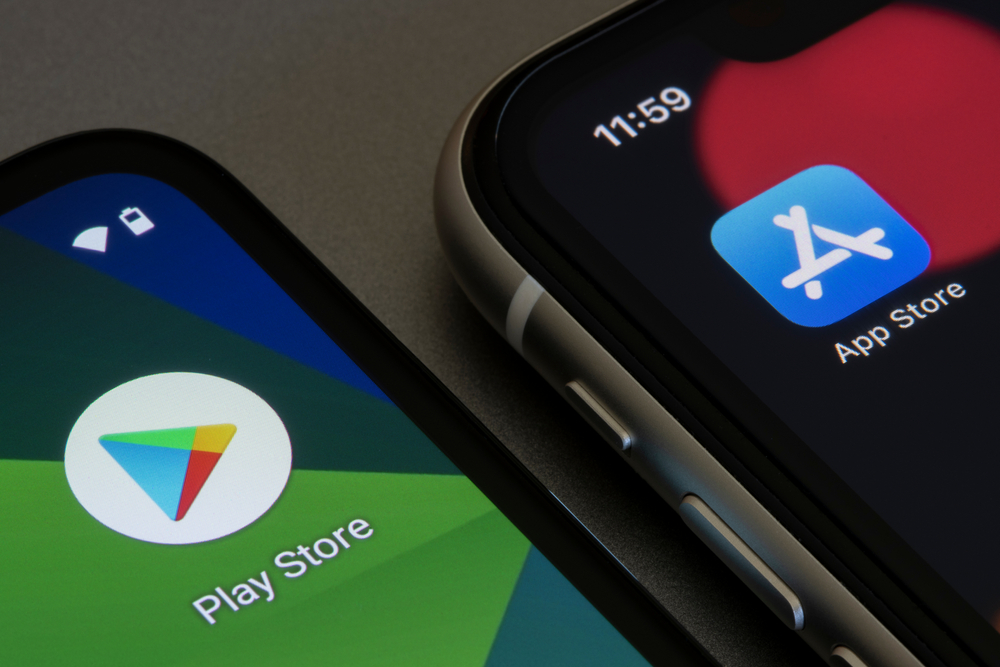Luke Massie, CEO of VibePay, writes for Payment Expert on the potential long term ramifications of the ruling in the case between Apple and Epic Games and what it could mean for the marketplace.
In recent weeks we have witnessed the landmark ruling which means iOS apps will be allowed to direct users to payment options beyond those offered by Apple, as a result of the long-fought legal battle between tech giants Apple and Epic Games.
While the court ruled in Apple’s favour on eight of nine counts, leading to a very public stamp of disapproval from Epic’s CEO Tim Sweeney, the one chink in their armour coming as a result of the lawsuit could be a revolutionary moment in technology. Although it is currently under appeal from Apple, it could cause mass changes across the app landscape, as well as the ‘creator economy’.
By removing restrictions on developers linking to alternate payment systems in their app, providers will be able to get around Apple’s 30 per cent levy which has long been a monumental drain on the revenues and profitability of tech startups and emerging platforms. Ultimately it stifled competition and produced an Apple-led monopoly, but now there’s a potential for an open marketplace, creating a healthy breeding ground for innovative and forward-thinking tech entrepreneurs to thrive within. Without this tax on tech providers, billions of pounds could also be generated for the value chain and allow for a fairer ecosystem to evolve between the platform, providers and the end consumer. The App Store was originally developed as a place for innovation – it’s important we don’t lose that.
This also springs new hope for the wider creator economy which has boomed over the past two years, driven by the pandemic and many people looking for new income opportunities while stuck indoors or furloughed from work. Social commerce platforms like Shopify, Etsy and Depop, as well as Patreon and Twitch, are taking on increasing importance in the online economy as they allow individuals to create channels and brands with entertaining content and creative business models. The increase in those people going it alone really emphasises the critical moment we’re facing now of getting the infrastructure and solutions in place to serve this economy when it really needs a helping hand.
Although the ruling against Apple represents a significant step, there are still large hurdles left to overcome. These entrepreneurs and creators are faced with walls of middlemen and intermediaries, such as the traditional payment rails many are still restricted to. Our research showed nearly three-fifths of creators had difficulty taking and tracking payments, often struggling with transaction fees and delays. A streamer who has operated through Twitch this year would have been directly and indirectly affected by fees at all levels.
Whether it’s Apple’s levy on the platform, or the fees charged to the creator by Twitch and then Paypal, there are a lot of charges in place to stop the end-consumer taking a fair share of the piece. So while the Apple vs Epic outcome does have transformational potential, we are very much at the start of the road rather than the end. Apple’s power will also not be relinquished as the owner of the App Store, as it still wields the attention and wallets of millions of users worldwide, not something an app producer can afford to ignore in the competitive landscape facing them.
With that being said, it is hard not to be excited about the potential and how it could benefit so many across the value chain. For example, it could open the door to scenarios where we might see a Substack app that lets you buy new subscriptions in a more accessible web view, or Twitter Super Follows where the creator gets to keep the revenue that would have previously been taken away from them.
The launch of Super Follows, which allows for users’ most engaged followers to help them earn money for their contributions on Twitter, is a case in point of how creators can monetize their activity better. Yet it has been reported the function has only drawn around $6,000 in iOS revenue in the US from its first fortnight of activity.
However, there is a clear direction of travel towards making apps and the content within them go further for creators, and the wider industry has a responsibility to ensure the trend of removing restrictive barriers continues. The infrastructure is there to utilise through Open Banking, which has enabled third-party developers to build applications and services on top of the UK’s financial system.
As there is no longer a required focus on the foundations, meaning tech leaders can put all their time and attention on the things that really matter, we are seeing a plethora of new fintech solutions that work better than their legacy peers for everyone within the ecosystem. Together, with a new fairer app store and underlying payments infrastructure, this could be an exciting new dawn for the creator economy.





















